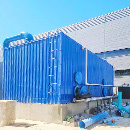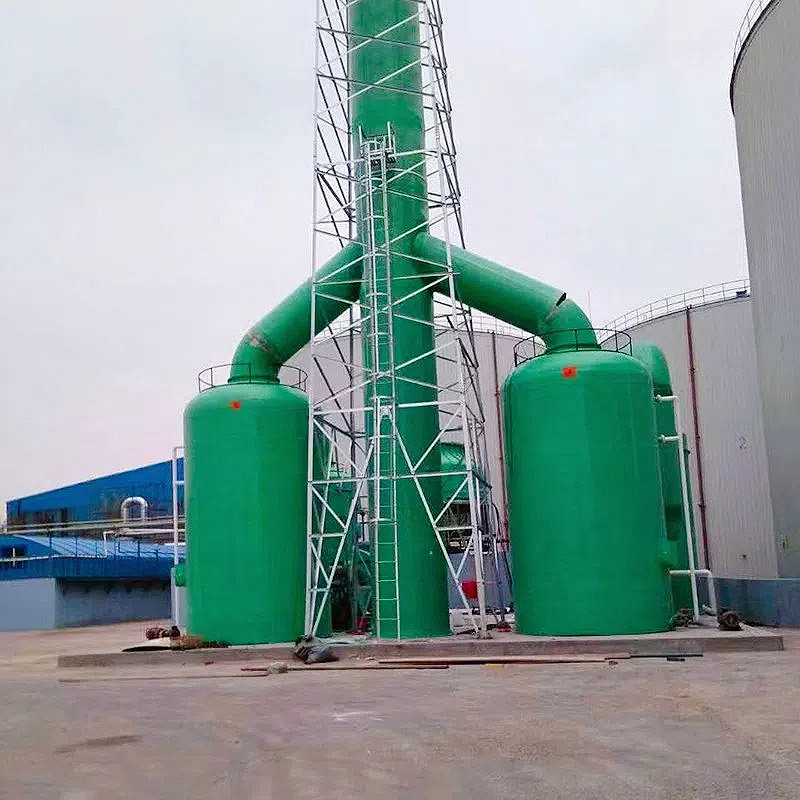Biological Deodorization Box Becomes Essential in Modern Air Pollution Control
Sep 25,2025

Stringent environmental standards and growing public awareness are propelling the use of biological treatment systems for odor abatement, where the Biological Deodorization Box is emerging as a leading technology. This system serves as a core component in industrial air purification, specifically designed to eliminate malodorous gases through a natural microbial process. The fundamental role of a Biological Deodorization Box is to provide an optimized environment for specialized microorganisms to metabolize and break down volatile organic compounds (VOCs), hydrogen sulfide (H₂S), ammonia, and other pollutants into harmless carbon dioxide, water, and mineral salts.

The operational principle of the Biological Deodorization Box involves directing contaminated air through a moistened biofilter media bed, where a consortium of naturally occurring bacteria and fungi biologically oxidize the odorous substances. This method is highly efficient, energy-saving, and avoids the use of harsh chemicals. A key advantage of this system is its construction; manufacturers like ALX FRP produce the Biological Deodorization Box using corrosion-resistant Fiberglass Reinforced Plastic (FRP). This material ensures structural integrity, long service life, and resistance to the corrosive elements often present in waste gas streams, making the enclosure exceptionally durable for outdoor and harsh industrial settings.
The application fields for the Biological Deodorization Box are extensive and critical for public health and environmental protection. It is widely deployed in wastewater treatment plants for odor control over inlet works, sludge handling areas, and aeration tanks. Furthermore, the Biological Deodorization Box is indispensable in municipal solid waste management facilities, including transfer stations, composting sites, and landfill gas collection systems. Additional industrial applications encompass the food processing industry, pharmaceutical manufacturing, and chemical plants, where it effectively neutralizes process-related odors before atmospheric release. The adaptability and eco-efficiency of this biological technology underscore its value in achieving sustainable operational goals for industries worldwide.
Previous:




